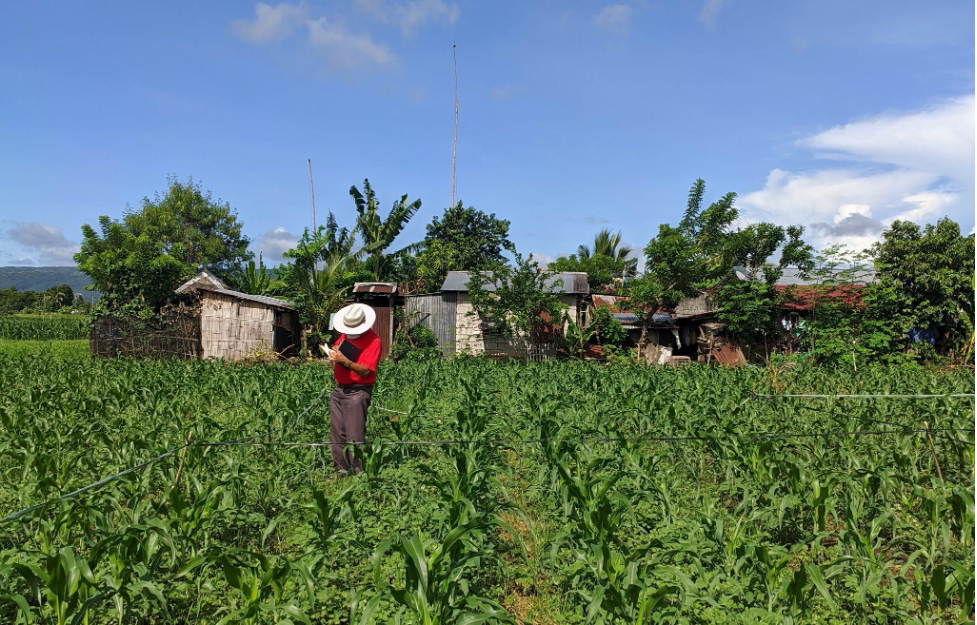UPLBFI to develop a stable biopecticide for Armyworms infesting corn and onion
November 30, 2021
The country’s agriculture sector is now threatened with the emergence of the Fall Armyworm (FAW) and Onion Armyworm (OAW), invasive agricultural pest species affecting corn and onion, respectively.
To address this concern, the Department of Agriculture – Biotechnology Program Office (DA-BioTech) has contracted the University of the Philippines Los Baños Foundation Inc. (UPLBFI) to develop a high quality, cost-effective, and long-lasting biopesticide for FAW and OAW management. The research team is led by Dr. Antonio Jesus A. Quilloy (Project Leader), Dr. Ponciano SM. Halos (Mycologist), Dr. Merdelyn C. Lit (Entomologist), and Ms. Dorcas V. Trinidad (Economist).
The need for a stable biopesticide
In 2019, the FAW had been first spotted in the Cagayan Valley, one of the country’s top corn producing areas. According to the Philippine Statistics Authority (PSA), the region is contributing almost 20% to the national corn production, making FAW infestation a major concern for corn farmers, feed millers, food processors, livestock and poultry raisers, traders, and consumers.
Meanwhile, OAW infestations have been rampant since 2016 affecting several areas in Northern Luzon including Nueva Ecija, Pangasinan, and Ilocos Sur. Recently, these armyworms have damaged at least 700 hectares of onion farms in Pangasinan which has resulted in reduced production and prices going up since December 2020 (Source: Inquirer.net).
While government and private institutions monitor and seek solutions for these pest infestations, there is an existing problem of environmental pollution due to excessive, expensive, persistent, and broad-spectrum chemical pesticides. Hence, there is an uprising call to develop and use alternative, environment-friendly, and reasonably broad-acting biopesticides.
On-going activities
The team collects and rears FAW and OAW samples from the major corn- and onion-producing areas in the Philippines including Cagayan, Nueva Ecija, Ilocos, Negros Oriental, Iloilo, and Zamboanga Del Sur. Laboratory and field tests are being conducted in partnership with the Institute of Plant Breeding (IPB). Unknown insect specimens collected during experimental trials were identified by the Pest Clinic of the Institute of Weed Science, Entomology and Plant Pathology (IWEP). Efforts are also underway for the eventual Fertilizer and Pesticide Authority (FPA) registration and commercialization.
Consequently, surveys with farmers are being conducted nationwide for an ex-ante analysis, to test the viability and commercial feasibility, including marketability of the product.
The project is currently on its second year and is expected to deliver the complete and viable results by January 2023.
by UPLBFI Project Staff
